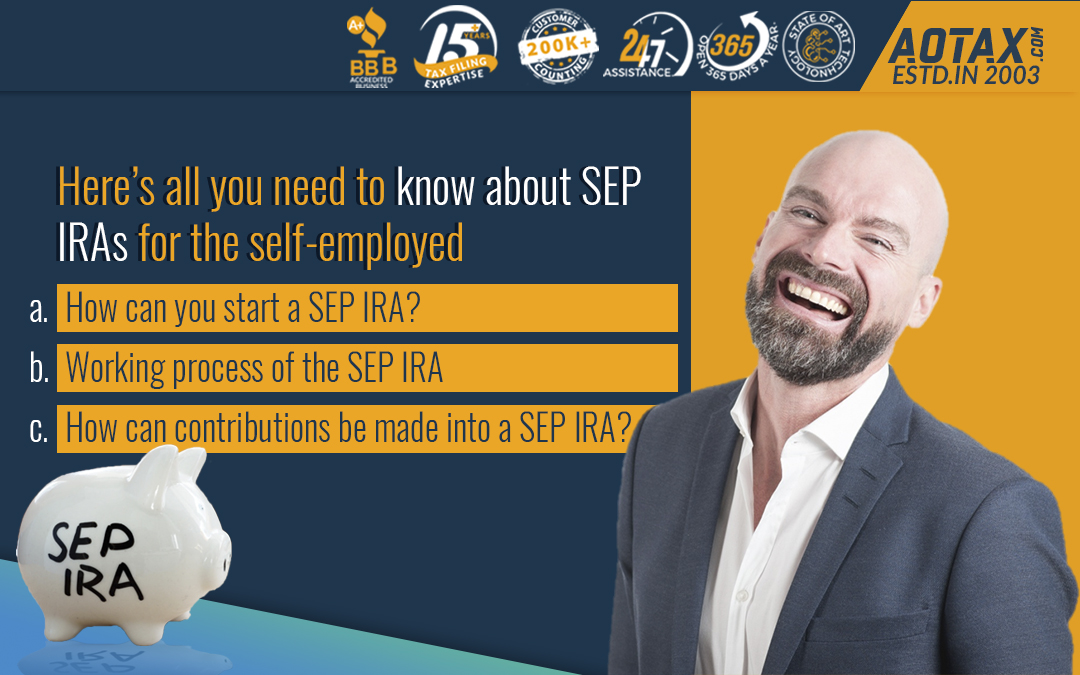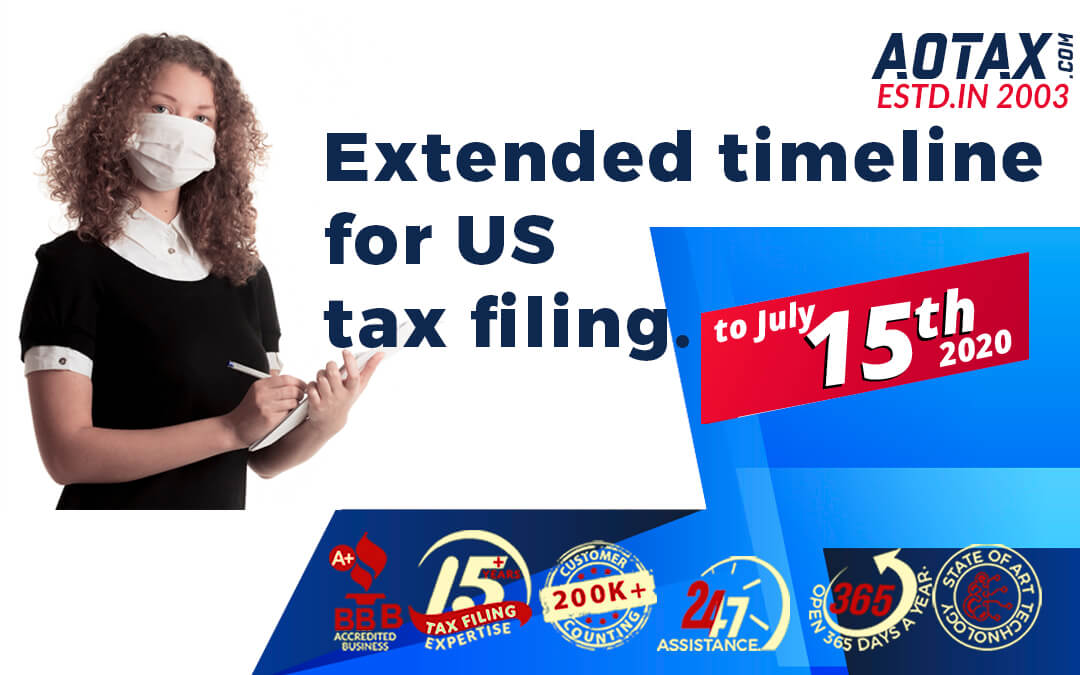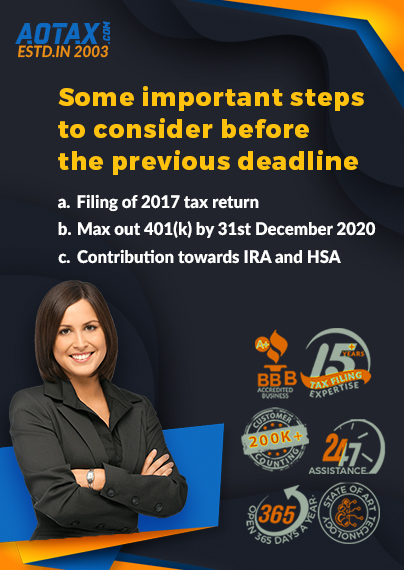Here’s all you need to know about SEP IRAs for the self-employed.
Here’s all you need to know about SEP IRAs for the self-employed.

A SEP IRA can be one of your best choices if you are self-employed and are looking for good retirement plans. If you are a business owner who has one or more than one employee or you have freelance income, then you can open a SEP IRA. The SEP-IRA is formally known as the “Simplified Employee Pension” Plan IRA. This pension plan contains an IRA at its core; however, helps in larger tax deductions and contributions than that of the traditional IRA.
How can you start a SEP IRA?
The major advantage of a SEP IRA is that it is very simple to set up and manage as well. Complicated paperwork is also not included in the SEP-IRA.
- You would have to start the process by selecting a trustee who would be able to manage your SEP-IRA plan.
- This trustee could be a mutual fund family, a bank, or a brokerage firm,
- You would have to create a written agreement which would explain the plan details and its benefits. Form 5305-SEP i.e. Simplified Employee Pension-Individual Retirement Accounts Contribution Agreement would be provided by the IRS to simplify the procedure.
Working process of the SEP IRA.
The working process of the SEP-IRA is almost similar to that of the traditional IRA. The contributions made into the SEP-IRA are tax-deductible and the money that is contributed can be easily invested into a self-directed account. The earnings accumulate in a tax-deferred manner and are withdrawn at the age of 59 and a half.
One of the major differences between the SEP-IRA and traditional IRA is their limit of contributions and the catch-up contributions. In a traditional IRA, the contributions you are making can be limited to not more than $6000 in a year or to $7000 if your age is 50 years or more. But, in a SEP IRA, there is no provision for additional catch-up contribution if you are above the age of 50 years.
How can contributions be made into a SEP IRA?
It is feasible to invest in a full-service brokerage firm and trade any type of investment selected. You have the liberty to choose if you wish to hold the plan in a managed option. Moreover, contributions can be made into your SEP IRA of the previous year even until the extended tax deadlines. In this case, you have filed a request for a tax deadline extension in the year 2019; you still have to file the tax returns by the deadline of 15th October then you would still be able to make contributions into the SEP-IRA by the deadline.
Moreover, there are no provisions for catch-up contributions in the case of Roth SEP IRA. It is advisable that if you are earning within a considerable income limit, you must make contributions to the Roth IRA and can rather set up a separate Roth IRA. Your contributions into the Roth IRA plan are good as long as they are combined with the SEP contributions and do not exceed $56,000.
The pros and cons of SEP IRA
|
Pros of SEP IRA |
Cons of SEP IRA |
|
The high limit for contribution i.e. $57,000 in 2020 and $56,000 in the year 2019 |
There is no feature to provide catch-up contributions if you are 50 years old or above. |
|
This is easy to set up and manage |
No features available like the Roth version i.e. the advantage of opting for payment of taxes now and taking on distributions later on during your retirement. |
|
SEP IRA can be combined with a traditional or a Roth IRA. |
If you are contributing for yourself then required proportional contributions must be made for every eligible employee |
|
No need for commitment to contributing to the SEP-IRA even in the next year. |
SEP IRAs would need minimum distributions to begin at the age of 72. |
|
The contributions made into the SEP-IRA are tax-deductible which includes those contributions that are made into the employee accounts. |
In SEP IRA, the distributions which are made before the age of 59 and half years are taxed and there is a 10% penalty if the major reason for distribution does not satisfy the exception of early withdrawal. |
Conclusion
So, a SEP IRA would help in providing a chance for contributing a good amount every year and will also let your savings grow in a tax-deferred manner. SEP IRA would be very much helpful if you do not have other employees and are not even planning to hire employees soon.















Recent Comments